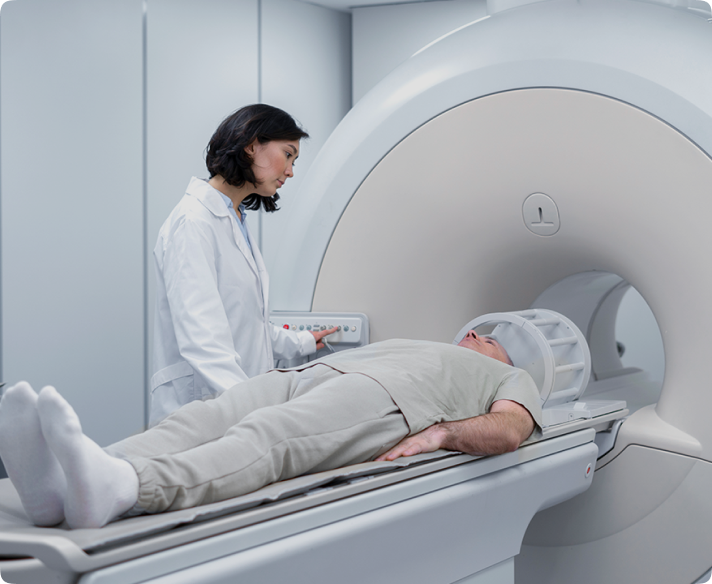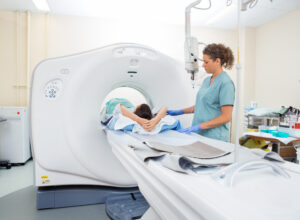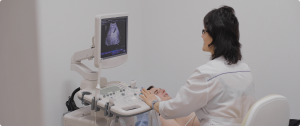Cardiomyopathy refers to a group of diseases that affect the heart muscle itself, making it harder for your heart to pump blood effectively. It’s a complex condition with different types, causes, and outcomes. While it may sound alarming, many people with cardiomyopathy can live active, fulfilling lives with the right treatment and monitoring.
There are several types of cardiomyopathy, including dilated, hypertrophic, restrictive, and arrhythmogenic right ventricular cardiomyopathy. The most common in Australia is dilated cardiomyopathy, where the heart chambers enlarge and weaken, reducing pumping efficiency. Hypertrophic cardiomyopathy involves thickening of the heart muscle, which can obstruct blood flow or cause irregular heart rhythms. Restrictive cardiomyopathy is rarer and makes the heart muscle stiff. Each type has distinct features and implications.
Cardiomyopathy can be inherited or acquired. Genetic mutations passed down through families are common causes, especially for hypertrophic and arrhythmogenic forms. Other causes include long-term high blood pressure, viral infections, excessive alcohol use, certain chemotherapy drugs, and metabolic diseases. Sometimes, no clear cause is found, termed idiopathic cardiomyopathy.
Symptoms vary widely and can include breathlessness, fatigue, swelling of legs, palpitations, chest discomfort, or fainting. Some people may be asymptomatic and only diagnosed through screening after a family member is found to have the condition. Because cardiomyopathy affects the heart’s ability to pump and can cause arrhythmias, regular follow-up with echocardiograms, ECGs, and sometimes MRI scans is essential.
Treatment depends on the type and severity but often includes medications like beta-blockers, ACE inhibitors, or anti-arrhythmic drugs. Lifestyle modifications, avoiding alcohol, and managing risk factors such as hypertension are also key. In severe cases, devices like pacemakers or defibrillators, or even heart transplantation, may be necessary.
Why Early Detection Matters
Early diagnosis allows your cardiologist to start treatment before serious complications develop, such as heart failure or sudden cardiac arrest. Family screening is important because of the hereditary nature of some types. If you have a family history of cardiomyopathy or sudden unexplained death, discussing screening with your cardiologist is vital.
FAQs
Q: Can cardiomyopathy be cured?
A: While it’s usually a lifelong condition, many people manage it well with medication and lifestyle changes. Some causes are reversible, such as alcohol-related cardiomyopathy.
Q: Will I need surgery?
A: Surgery or devices are only needed in selected cases. Most patients are managed with medications and monitoring.
Q: Is exercise safe if I have cardiomyopathy?
A: Exercise is important but should be tailored to your condition. Your cardiologist will recommend safe activities.
Q: Should my family be tested?
A: Yes, particularly if your cardiomyopathy is hereditary. Family members may also need screening.
Key Takeaways
- Cardiomyopathy is a group of diseases affecting the heart muscle and its pumping ability.
- It can be inherited or caused by other medical conditions.
- Symptoms vary and sometimes none are present initially.
- Early diagnosis and treatment improve outcomes significantly.
- Family screening and regular follow-up are essential.
If you have symptoms, a family history, or questions about cardiomyopathy, request an appointment with Apollo Cardiology for expert evaluation and personalised care.
Disclaimer
The information provided on this blog is for general educational purposes only and is not intended as a substitute for professional medical advice, diagnosis, or treatment. Always seek the guidance of your doctor or other qualified healthcare provider with any questions you may have regarding your health or a medical condition. Do not disregard medical advice or delay in seeking it because of something you have read on this website.




